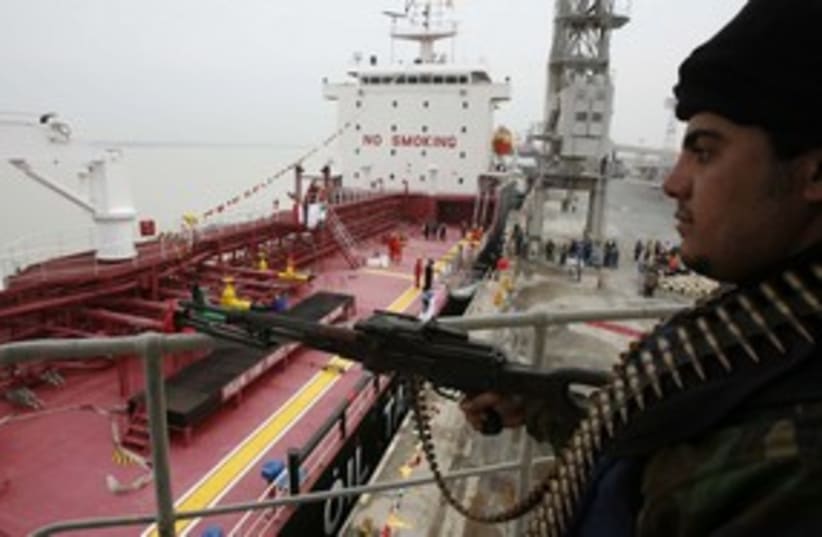Senator Liebrman: Green light to implement sanctionsIn a report that is part of the new sanctions law, the EIA, an independent arm of the US Energy Department, found that Saudi Arabia has been pumping more oil.Saudi Arabia, which has the world's biggest spare oil capacity, has produced an average of 9.7 million barrels per day over the last two months, up 600,000 bpd from the same period last year, the EIA said.But the EIA also said the cushion provided by that spare capacity was modest by historical standards: 2.5 million barrels per day, compared with an average of 3.7 million bpd a year ago.There is strong political support from Congress to push ahead. Senator Joe Lieberman, an independent, said the EIA report was a "green light" to implement aggressively the energy sanctions."With sufficient spare capacity among global oil producers, there is no excuse for countries and companies around the world not to curtail their purchases of Iranian crude, and thus deny the Iranian regime the financial lifeblood it needs for its illicit nuclear activities," Lieberman said in a statement.
'Global oil output can cover Iran sanctions'
US Energy Secretary Chu says he believes there is enough spare oil to make up for Iranian exports curtailed by sanctions.

Senator Liebrman: Green light to implement sanctionsIn a report that is part of the new sanctions law, the EIA, an independent arm of the US Energy Department, found that Saudi Arabia has been pumping more oil.Saudi Arabia, which has the world's biggest spare oil capacity, has produced an average of 9.7 million barrels per day over the last two months, up 600,000 bpd from the same period last year, the EIA said.But the EIA also said the cushion provided by that spare capacity was modest by historical standards: 2.5 million barrels per day, compared with an average of 3.7 million bpd a year ago.There is strong political support from Congress to push ahead. Senator Joe Lieberman, an independent, said the EIA report was a "green light" to implement aggressively the energy sanctions."With sufficient spare capacity among global oil producers, there is no excuse for countries and companies around the world not to curtail their purchases of Iranian crude, and thus deny the Iranian regime the financial lifeblood it needs for its illicit nuclear activities," Lieberman said in a statement.